Opinion: To Find the Future of Food, We Need to Look to the Past
Modern Farmer
FEBRUARY 20, 2024
If we’re really serious about forestalling famine, we need to stop feeding so much grain to livestock, and save the wheat, corn, and rice we grow for human consumption. The market for organic food, which has more than doubled in a decade, accounted for $58 billion in sales in 2021 in the United States alone. Photo submitted.


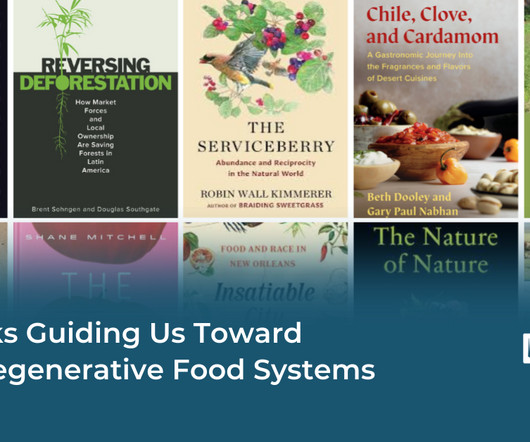
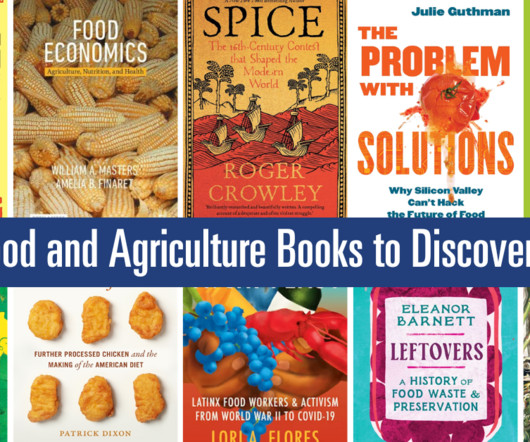

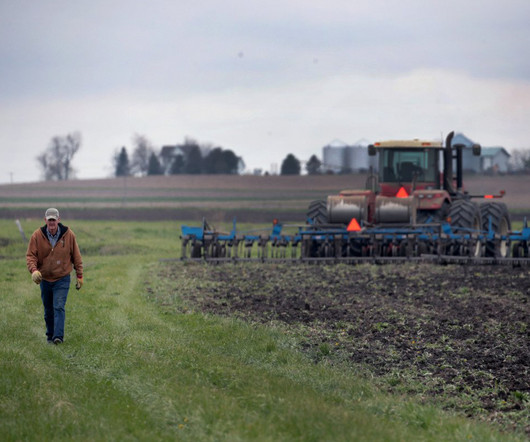
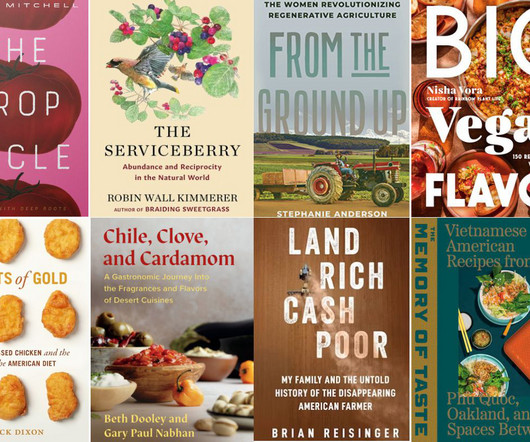
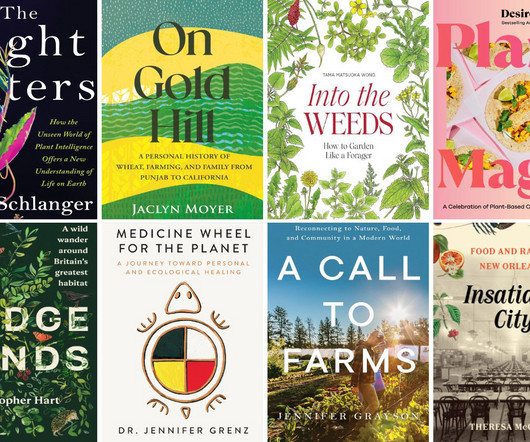
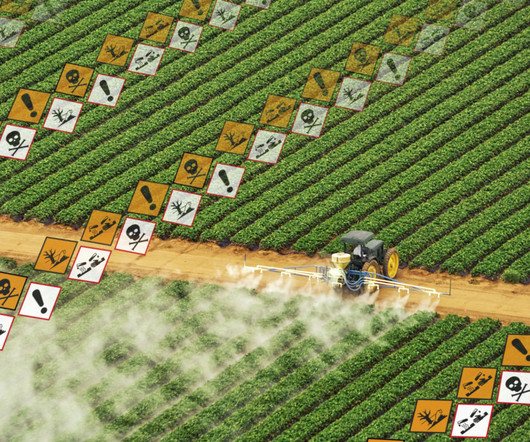






Let's personalize your content